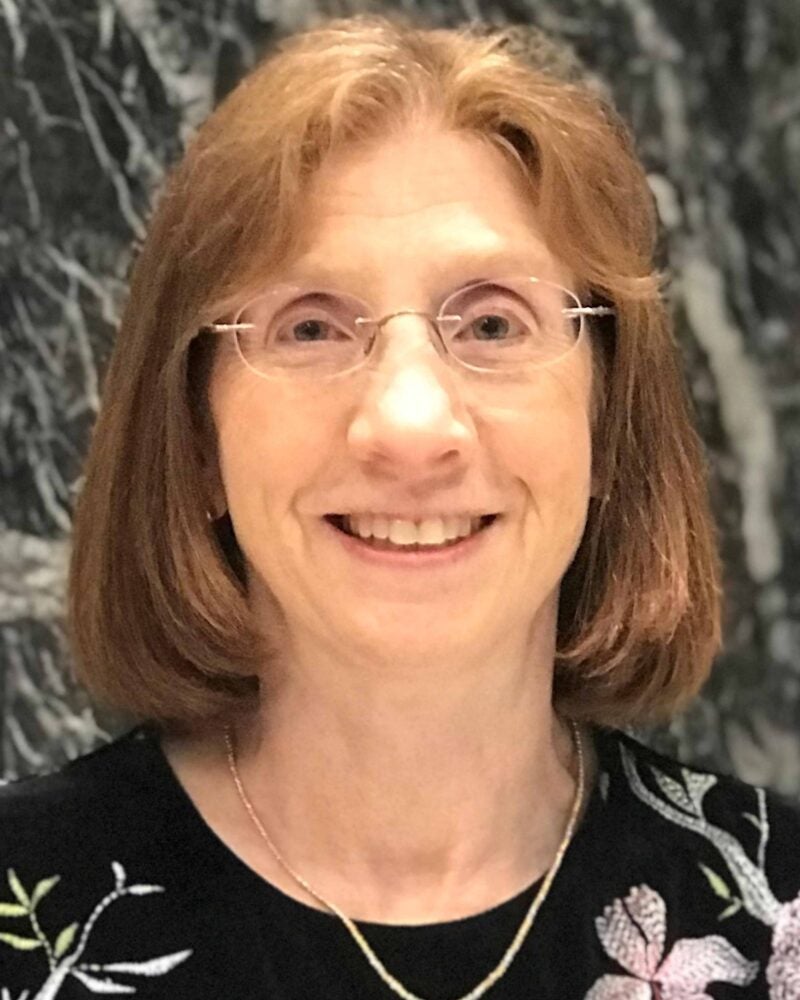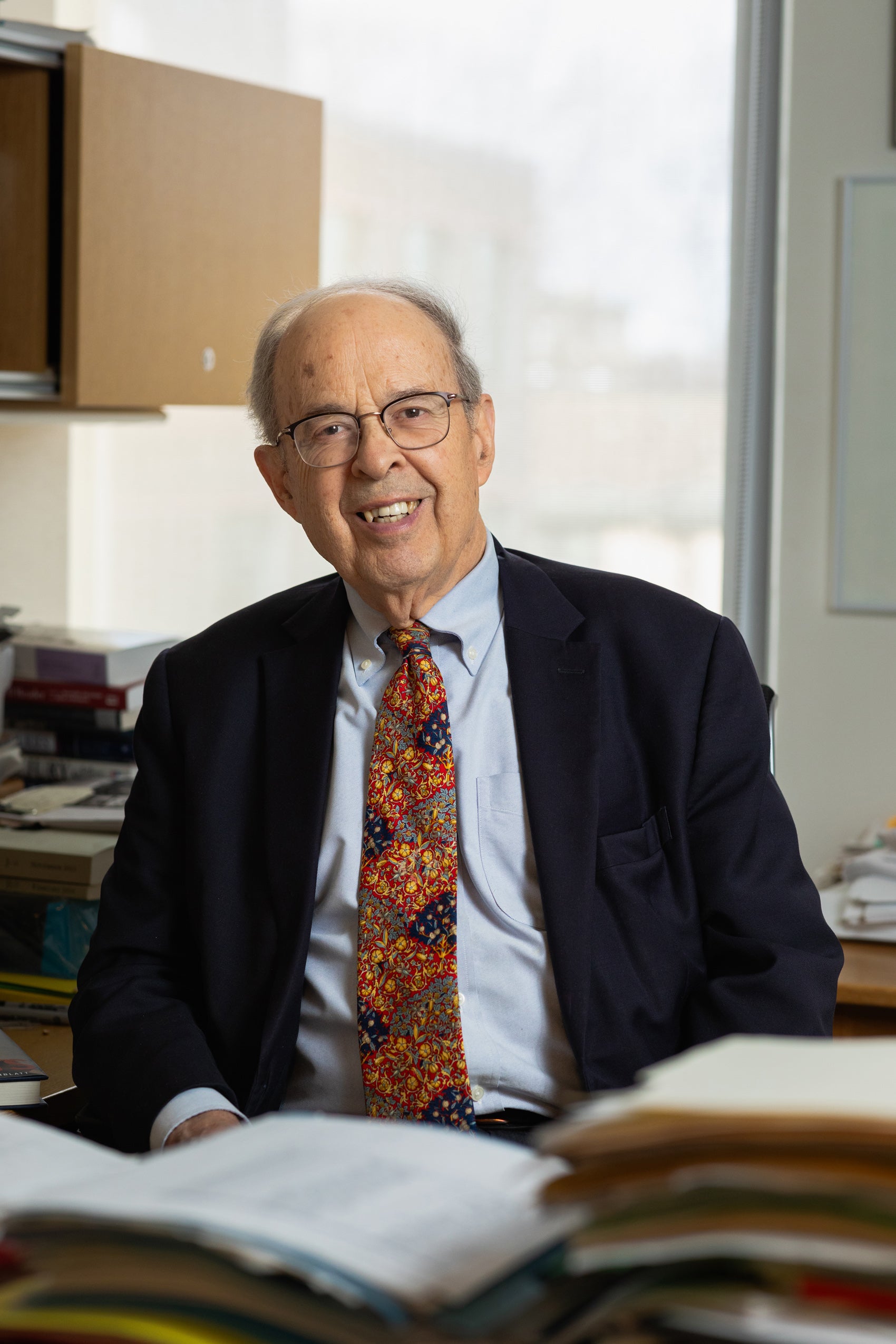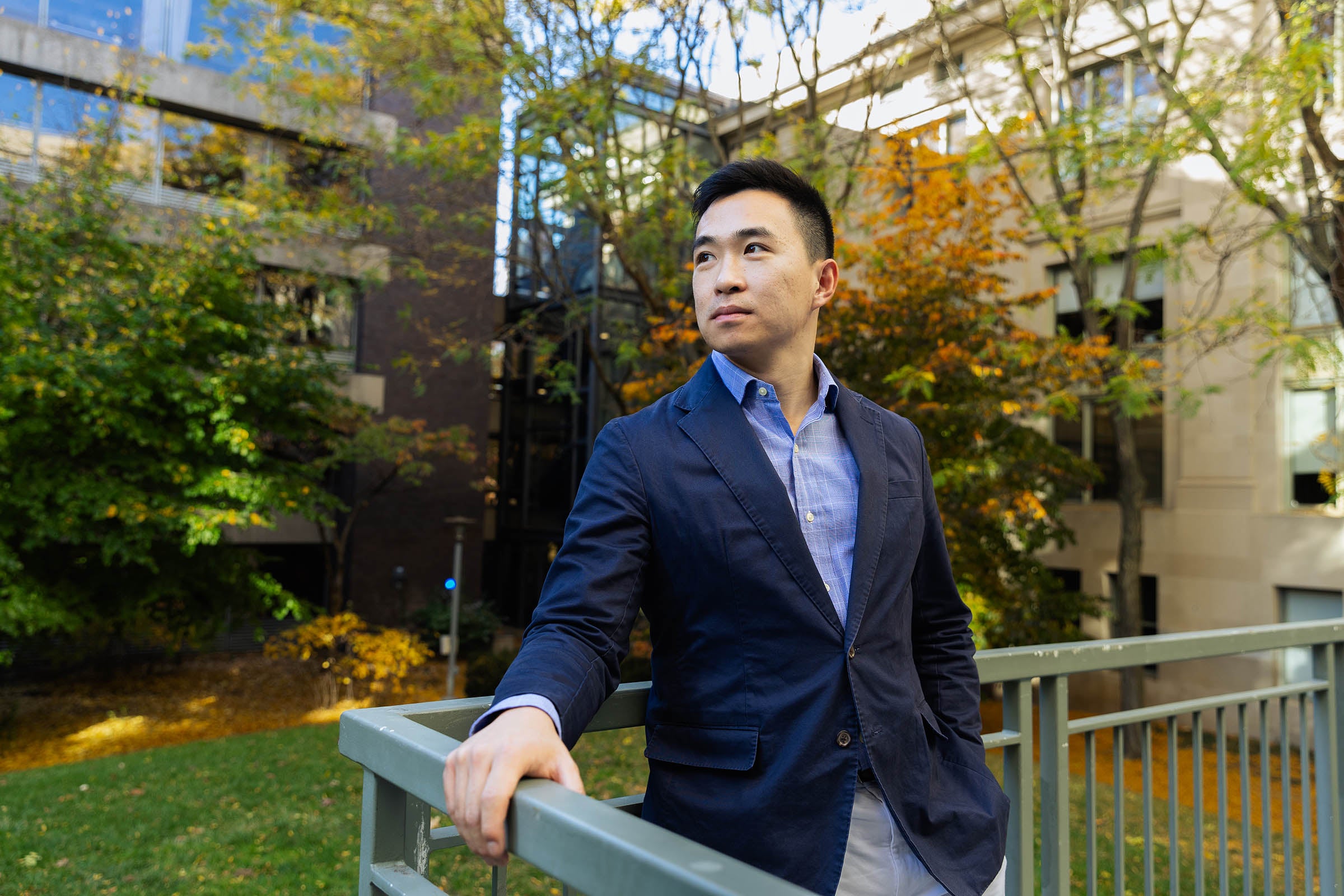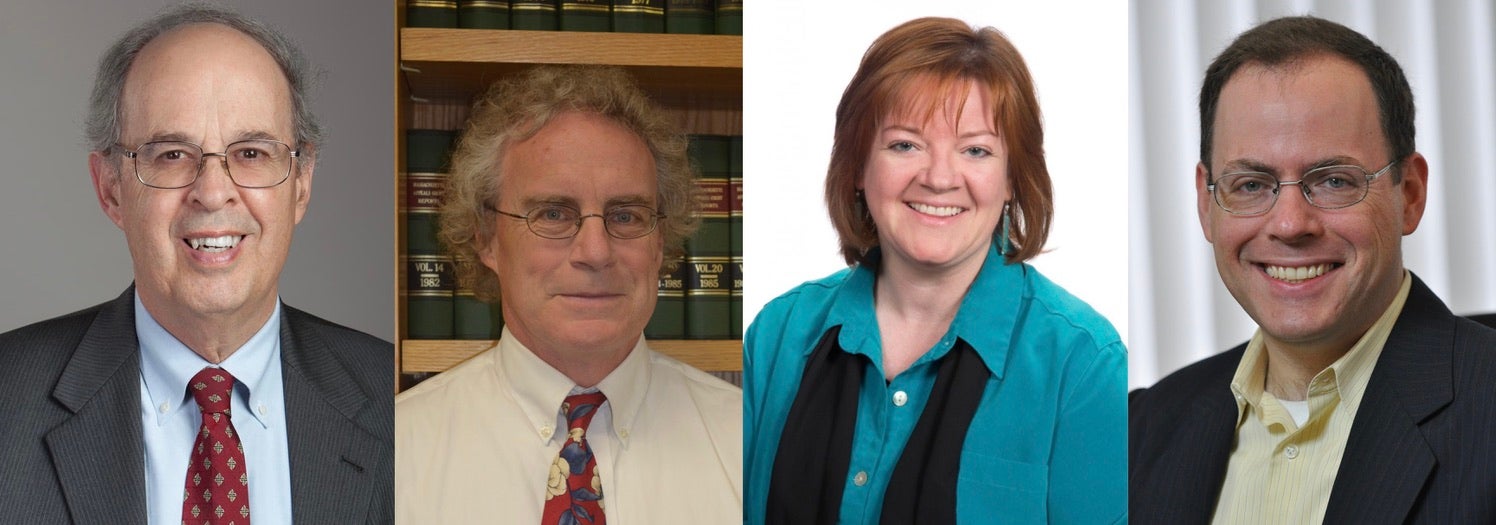Clinical placements are available with individual judges of the District Court, Boston Municipal Court, Juvenile Court, and Housing Court Departments of the Massachusetts Trial Court, and Federal District Court. Students work alongside a judge observing court, as well as researching and writing about many different areas of the law. Students will gain perspective on the career of a judge as they have the opportunity to discuss and write about a variety of cases, opinions, sentences, and other judicial matters with their supervising judge.
Students are required to work with their judge a minimum of one full day or two half days each week to earn clinical credits. Additional clinical credits can be arranged for working more hours. The Office of Clinical and Pro Bono Programs provides MBTA Charlie Cards to students traveling on public transportation to courthouses.
How to Register
The clinic is offered in the Fall and Spring semesters. You can learn about the required clinical course component, clinical credits and the clinical registration process by reading the course catalog description and exploring the links in this section.
Please note: An intern should refrain from political activity. Interns may not wear campaign buttons or contribute funds to a political organization. An intern may not be involved in any way with fund raising or solicit funds for, or contribute to, a political organization, candidate, or event. Interns may not otherwise engage in political activities during their internship.
Meet the Instructors

Hon. John Cratsley (Ret.)
Director; Lecturer on Law
The Hon. John C. Cratsley is an Associate Justice of the Superior Court of the Commonwealth of Massachusetts. 1987 to present Chief, Public Protection Bureau, Department of the Attorney General 1983-1987; Judge of Roxbury DistrictCourt; 1973-1983 Member, Massachusetts Parole Board; 1972-1973 Staff Attorney, Cambridge and Somerville Legal Services and its predecessor, the Community Legal Assistance Office,
Judge Cratsley received his LLM from the Georgetown University Law Center in 1968, his JD from the University of Chicago Law School in 1966, and his BA from Swarthmore College in 1963.

Barbara Berenson
Lecturer on Law
Barbara served as a Senior Attorney at the Massachusetts Supreme Judicial Court from 2004 – 2019. She worked on a diverse variety of legal and policy issues and staffed numerous Court committees. Her areas of expertise include judicial ethics, legal ethics, court rules and procedures, and appellate practice. Prior to joining the Court, Barbara served as an Assistant Attorney General in Massachusetts in the Community-Based Justice Bureau (1999 – 2003) and an Assistant District Attorney in Middlesex County, Massachusetts in the Appeals and Training Bureau (1989 – 1999). She began her legal career as a law clerk to Hon. Norma Shapiro (E.D. PA) followed by three years as an associate at the law firm of Hill & Barlow. Barbara retired from the Massachusetts Supreme Judicial Court in 2019 to have more time to devote to her longstanding interests in American legal, political, and social history. She is the author of Massachusetts in the Woman Suffrage Movement: Revolutionary Reformers (2018), and taught The Woman Suffrage Movement – and How We Remember It at Tufts University. She has delivered over 50 talks on the woman suffrage movement to diverse groups. She is also the author of Boston in the Civil War: Hub of the Second Revolution (2014) and Walking Tours of Civil War Boston: Hub of Abolitionism (2011). With Hon. Patti Saris and Hon. Margot Botsford (Ret.), Barbara co-edited Breaking Barriers: The Unfinished Story of Women Lawyers and Judges in Massachusetts (2012). She curated two exhibits on display in the John Adams Courthouse in Boston: John Adams: Architect of American Government and Sacco & Vanzetti: Justice on Trial. She is currently researching the battle over the equal rights and child labor amendments in the 1920s.
Her current community activities include serving on the boards of Boston By Foot and the Royall House & Slave Quarters. The Royall House property includes what is believed the only surviving freestanding slave quarters in the northern United States. She is also on the Advisory Board of the Boston Women’s Heritage Trial and a Member of the City of Cambridge’s Nineteenth Amendment Centennial Committee. Barbara is a graduate of Harvard College, Harvard Law School, and the Kennedy School of Government (1984).
In the News
-

‘I wanted to understand what’s going on from the judge’s side’
For five decades, John Cratsley has placed students in state and federal judicial internships through HLS’s Judicial Process in Trial Courts Clinic.
February 12, 2025
-

Honoring student veterans: Jonathan Zhangxu ’26
The Judicial Process in Trial Courts Clinic student is deeply committed to democracy in the United States after witnessing state-controlled government in China.
November 12, 2024
-

Celebrating Clinician Anniversaries
This year, several clinicians are celebrating milestone anniversaries at Harvard Law School. Over 20, 30, even 55 years in the Harvard Law Clinical Programs, these clinicians have provided thousands of hours of crucial pro bono legal service in the Boston community and across the globe, mentored generations of students, and have been trusted and valued
September 24, 2024